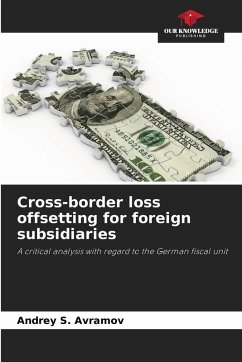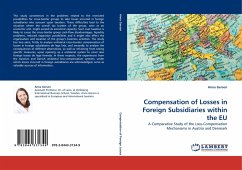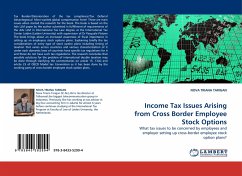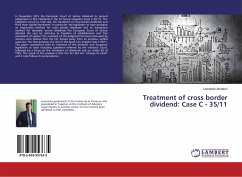German tax law takes account of the economic unity of groups of companies through the legal institution of corporate groups. The central feature of corporate group taxation is the associated possibility of offsetting losses across legal entities, which aims to ensure that companies within a group are taxed in accordance with the principle of ability to pay. However, the possibility of intra-group loss offsetting only exists for domestic group structures, not for cross-border group structures. Due to the resulting unequal treatment of otherwise comparable group structures, the question has long arisen as to whether the approach taken by German group taxation is compatible with the European Union's fundamental idea of establishing a functioning European internal market.
Bitte wählen Sie Ihr Anliegen aus.
Rechnungen
Retourenschein anfordern
Bestellstatus
Storno








